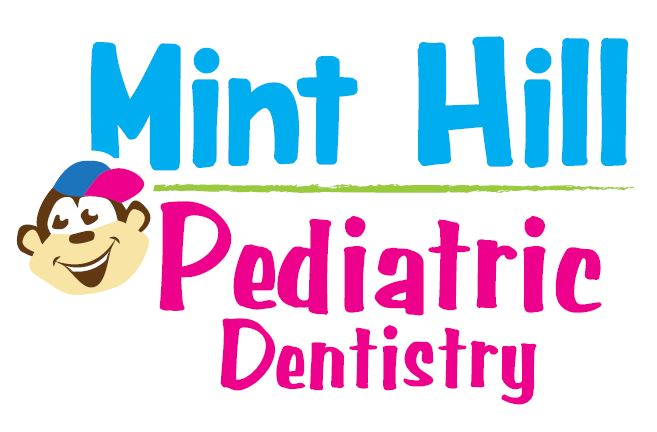5 Important Ways to Keep Kids’ Breath Fresh
Adopting Daily Brushing and Flossing Habits
One of the most effective ways to prevent bad breath in kids is by instilling proper oral hygiene habits, including daily brushing and flossing. Make sure your child brushes their teeth at least twice a day, using a toothbrush with soft bristles and fluoride toothpaste. Encourage them to brush all surfaces of their teeth, including the back, front, and chewing surfaces. Additionally, emphasize the importance of flossing once a day to remove food particles and plaque from between the teeth. Teaching these habits from an early age will help keep their breath fresh and their teeth healthy.
Hydration and Oral Health: The Power of Drinking Water
Drinking an adequate amount of water is crucial for maintaining good oral health and preventing bad breath. Encourage your child to drink plenty of water throughout the day. Water helps rinse away food particles, bacteria, and debris that can contribute to foul-smelling breath. It also helps stimulate saliva production, which plays a key role in neutralizing bacteria and maintaining a healthy mouth. By keeping your child well-hydrated, you can ensure that their breath stays fresh and their mouth stays healthy.
Nourishing from Within: Tips for Fresh Breath
In addition to proper oral hygiene practices, what your child eats can have a significant impact on their breath. To prevent bad breath, make sure they have a well-balanced diet filled with fresh fruits and vegetables. Crunchy fruits and vegetables, such as apples and celery, can help clean teeth and stimulate saliva production. Limit their intake of sugary and acidic foods, which can contribute to decay and bad breath. Encourage them to eat sugar-free yogurt or drink milk, as dairy products can help neutralize odor-causing bacteria in the mouth.
Regular Dental Check-ups and Cleanings
Taking your child to regular dental check-ups and cleanings is essential for maintaining good oral health and preventing bad breath. Your dentist can identify any underlying issues causing bad breath, such as gum disease or tooth decay, and provide appropriate treatment. Professional cleanings can remove plaque buildup, which can contribute to bad breath. Additionally, your dentist can offer advice specific to your child’s dental needs and help reinforce good oral hygiene habits.
Encourage Habits to Combat Dry Mouth
Dry mouth can contribute to bad breath, so it’s important to encourage habits that combat this condition. Encourage regular water consumption and avoid excessively sugary or acidic beverages. Chewing sugar-free gum or sucking on sugar-free candies can also stimulate saliva flow. If your child breathes through their mouth habitually, it may be helpful to consult with their pediatrician or dentist to address any underlying causes. By maintaining proper hydration and promoting saliva production, you can reduce the risk of bad breath associated with dry mouth.
Incorporating these top five tips into your child’s daily routine will help ensure they have fresh breath and a healthy mouth. Good oral hygiene habits, a well-balanced diet, and regular dental check-ups are key to preventing bad breath and maintaining optimal oral health. By instilling these habits from an early age, you are setting your child up for a lifetime of fresh breath and a beautiful smile.
